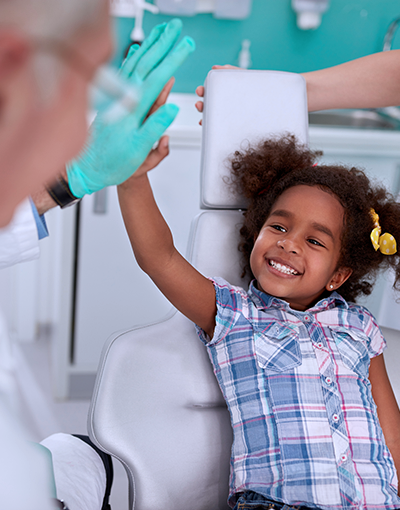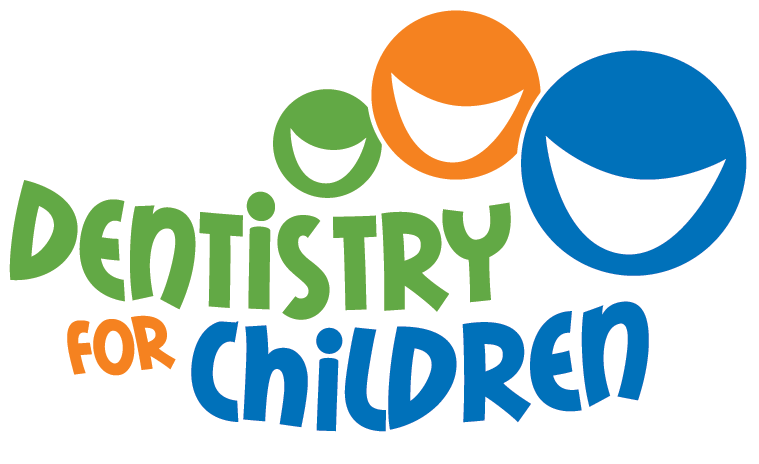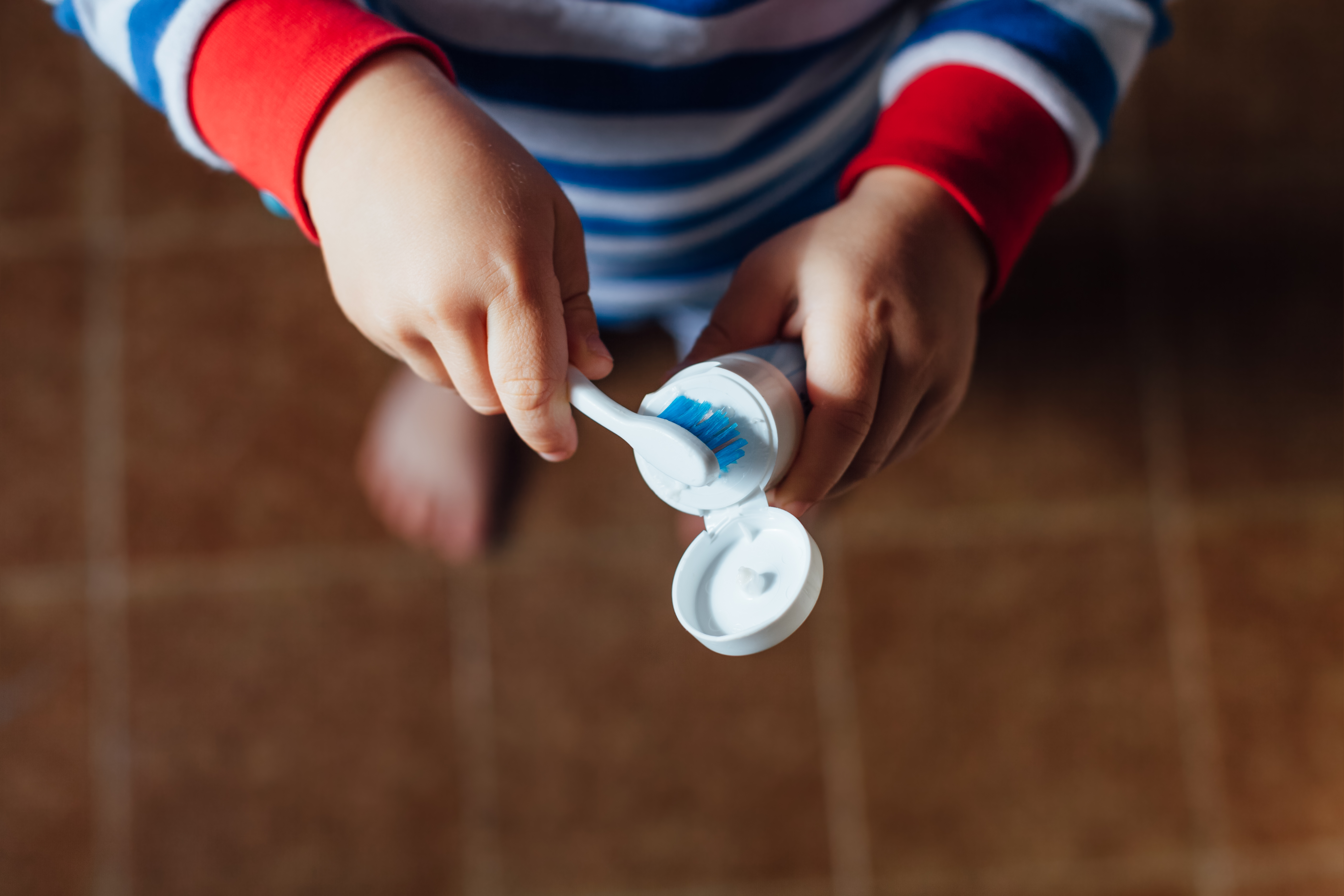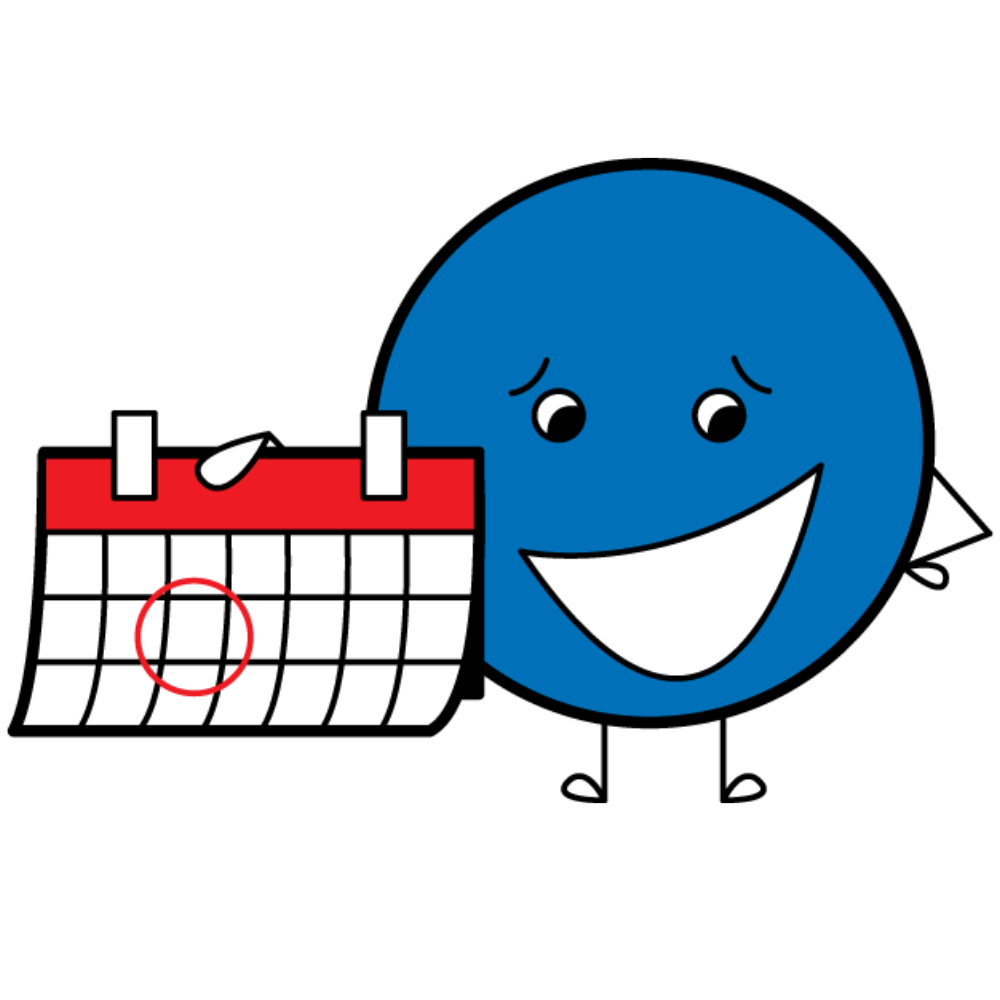
At Dentistry for Children, we do everything we can to preserve your child’s healthy smiles, but sometimes, a tooth extraction is necessary to continue pursuing great oral health. If a tooth is badly damaged and can’t be repaired with traditional methods, your child may need to have the tooth pulled or extracted.
A dental extraction is the removal of teeth from the socket in the alveolar bone. Extractions are performed for a wide variety of reasons, and each of those reasons have your child’s ultimate health and safety at top of mind.
Reasons for Tooth Extractions In Kids
Most commonly, pediatric dentists will recommend extraction if:
- There’s an infection under the tooth (Abscess)
- Cavity too large to be fixed with a filling or crown
- Dental trauma is present
- Periodontal disease
- Orthodontic needs – baby tooth preventing adult tooth from development
About The Procedure
We know hearing your child needs a tooth extracted can be stressful, but we are here to ease the anxiety involved with the procedure. A tooth extraction is a straightforward procedure, even more so than an adult tooth extraction. The dentist will evaluate the condition by first taking a dental X-ray. Typically, this procedure only requires a general anesthetic, and your child’s dentist will simply extract the tooth using forceps. In some cases, an extraction may require a few stitches, but this will be discussed with you upon your child’s procedure. We will safely remove your child’s tooth and restore their mouth back to optimal health.
After Procedure Care for Children’s Tooth Extraction
Following an extraction, the most important aspect is stopping the bleeding. We recommend the most effective technique – positive pressure. Have your child bite tightly on a piece of cotton gauze for approximately 15-30 minutes to help a clot form. If your child is too young to do this, hold the gauze tightly against the extraction site with your finger for the same length of time. It is normal for the extraction site to bleed slightly for several hours following prolonged positive pressure. Further pressure will usually solve the problem.
After the procedure, your child will be numb for approximately two hours. Normally, only slight discomfort will be experienced after an extraction. If pain is present, we recommend children’s Tylenol or Motrin in the appropriate dose for your child. If the pain is severe, please call our office for guidance.
Avoid straws and any sucking action on the first day. Avoid crunchy foods (peanuts, pretzels, potato chips, etc.) for the first day or two and focus on eating soft foods, such as yogurt, pudding and mashed potatoes. Rinse with warm saltwater three to four times a day to help healing on the first day after the extraction.
Tooth Extractions FAQ
How long is the recovery period?
The recovery period may vary from child to child, but for a routine extraction, pain and discomfort should only last for about 24 hours to 36 hours. Be sure to eat soft, high nutrient foods for a few days and avoid crunchy foods for a week to not disrupt the extraction site. Remember to drink plenty of water (without using a straw) to stay hydrated after the procedure!
How to reduce swelling after a tooth extraction procedure?
The best way to reduce swelling after a procedure is to apply a cold compress on their face where the extraction site is located. If your child has prolonged pain or discomfort, please contact your dentist.
What can be eaten after a tooth extraction?
Your child will need to stick to soft, high-nutrient foods, such as yogurt, mashed vegetables and lukewarm soup. Avoid hot liquids and crunchy foods following the procedure. Your child can begin eating solid food after a few days, but encourage them to chew on the opposite side of the extraction site.




 Find Us
Find Us